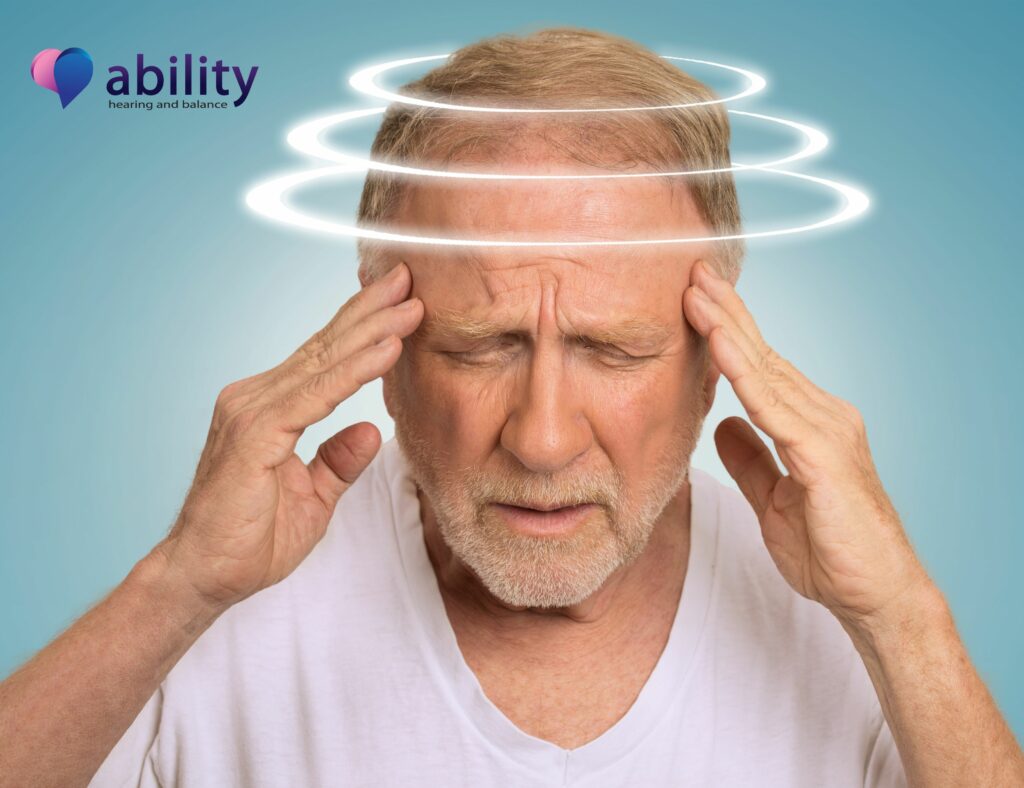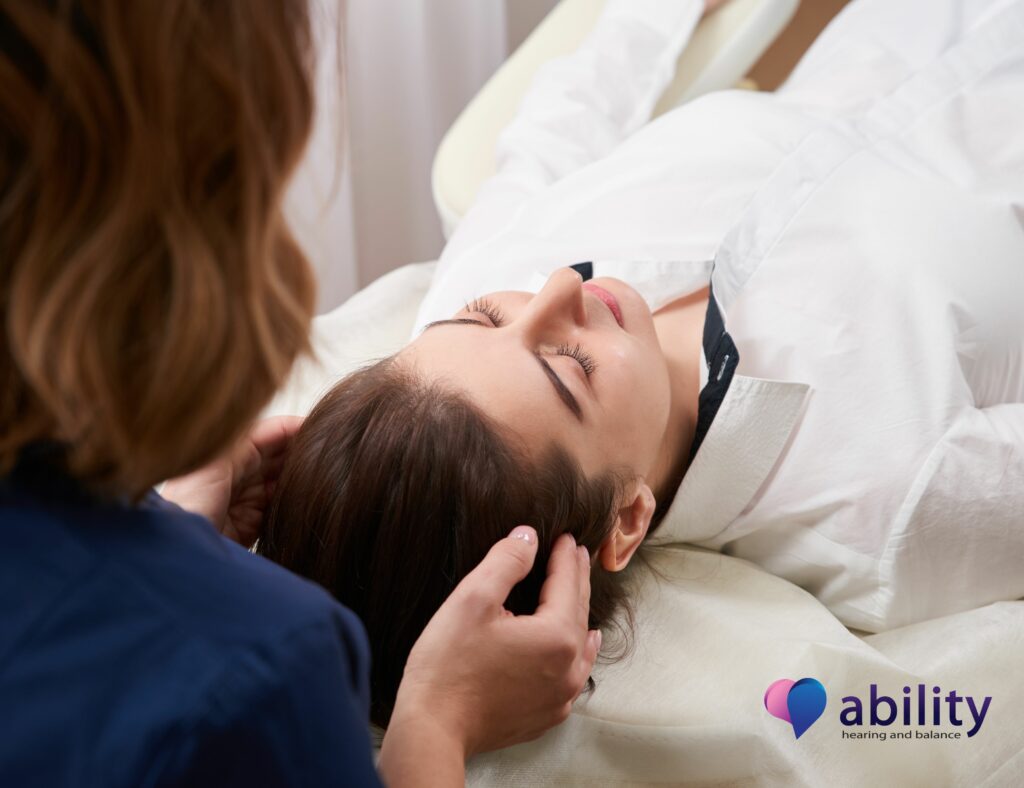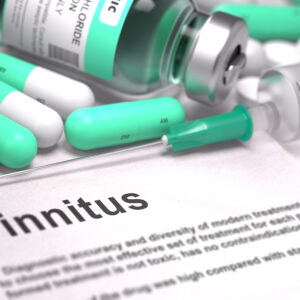Vertigo is most commonly caused by an inner ear infection, head injury, or Meniere’s disease. It can also result from reactions to medication, blood pressure problems, and even stress or anxiety.
What Is Vertigo?
Vertigo is characterized by a spinning sensation that is often worsened when someone moves their head or when they are in an environment that is not level. Other symptoms may include unsteadiness on feet, nausea, vomiting, ringing in the ears (tinnitus), loss of balance or coordination.

The sensation of Vertigo is caused by the brain sensing that the body is moving differently than it actually is.
The Cause of Vertigo and How It Affects Daily Life
Vertigo is a condition that can be caused by many different factors.
Most people experience the feeling of vertigo or dizziness at some point in their lives. It can also be an unpleasant symptom of other conditions that are not serious.
The sensation of Vertigo is caused by the brain sensing that the body is moving differently than it actually is. This can happen when you’re looking up at the sky and wonder why you don’t feel like you’re standing on the ground or when you’re sitting still and feel like your head or your surroundings are spinning.
Treatment for Vertigo
Many people experience vertigo as a result of an inner ear problem, such as Benign Paroxysmal Positional Vertigo (BPPV). Others experience it because of their level of anxiety, depression, or stress.
The majority of vertigo cases are benign, meaning there are no lasting side effects to deal with. However, there are some cases where people can have difficulty with balance and long term vertigo become debilitating.

There are several treatment options for vertigo and dizziness, and your choice will depend on the cause and extent of your symptoms.
There are several treatment options for vertigo and dizziness, and your choice will depend on the cause and extent of your symptoms.
The following treatments provide relief for many people:
-Medication: Doctors may prescribe medication to ease dizziness and vertigo.
-Diet: You may need to avoid foods that trigger or worsen your symptoms such as dairy products. -Lifestyle Changes: You should try to maintain a stable weight, get plenty of sleep, avoid alcohol intake, reduce stress levels by practicing yoga or meditation, and try not to smoke cigarettes.
Long-Term Effects of Vertigo
As the disease progresses people will experience difficulty walking and maintaining balance; they may need to use a cane or wheelchair. Stairs may become too difficult to climb and it becomes more difficult to do things like drive a car or cook at home.
Depending on how severe your long-term vertigo is, your day-to-day activities will be impacted in different ways. Keep track of how vertigo effects you on a day-to-day basis so that you can make adjustments as needed.
Testing for Vertigo and Balance Problems
Our Vestibular Audiologist is trained to assess and test your vertigo symptoms through objective vestibular function tests. These test the utilise analysis of eye movements and head movements as well as your vestibular system’s reactions to loud sounds.
Vestibular function tests can provide a clearer picture of the workings of your vestibular system located in the inner ear and are able to test the semicircular canals responsible for sensing head rotation as well as the gravity-sensing organs, the utricle and saccule. By testing these vestibular organs, we gain a clearer picture of the cause of your vertigo and we can then provide further recommendations for treatment options.
Ability Hearing and Balance is an independent, Tasmanian-owned hearing clinic located across Tasmania. Our Vestibular Audiologist can provide answers about your long term vertigo and dizziness problems, and work with your GP and medical specialists to come up with a treatment plan specific to your individual needs. We specialise in assessing and treating vertigo caused by Benign Paroxysmal Positional Vertigo (BPPV).
We value you as individuals. Contact us on 1300 EAR PRO (1300 327 776) to see why our clients choose to trust us with their hearing needs.



